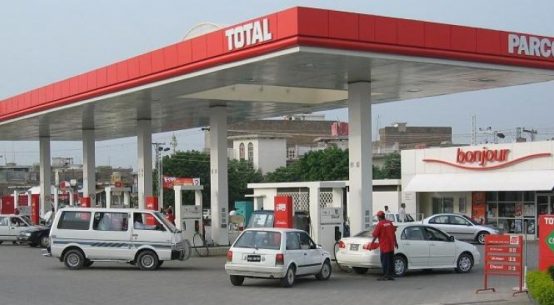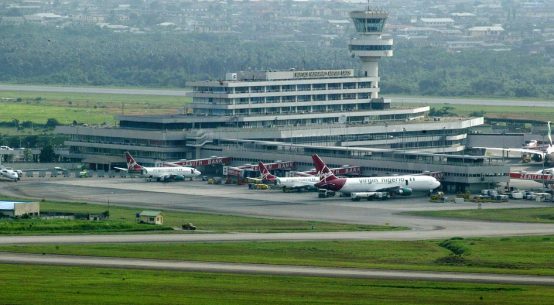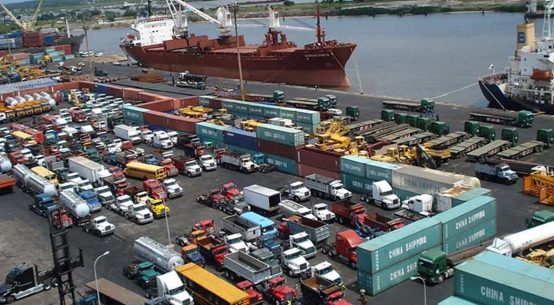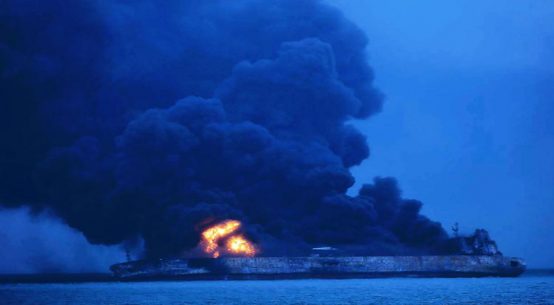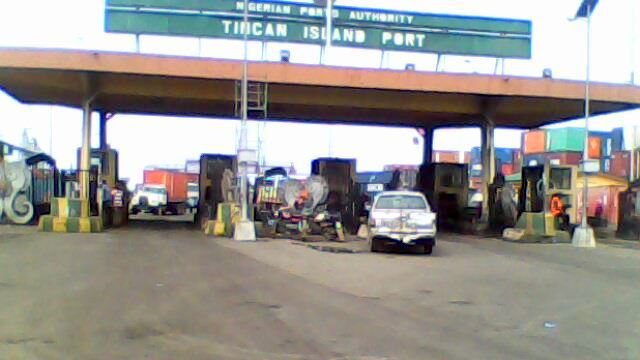
Trucks can no longer access or exit the various terminals inside the ports due to the current logjam in Apapa.
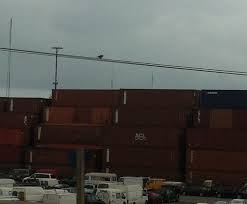
This has resulted in the return of vessel queues last seen 11 years ago, with sources at the ports claiming no fewer than 20 ships are waiting at sea to berth, even as already berthed vessels are unable to discharge their cargoes and leave. Port operators say if this persists, ships will soon start charging a premium to bring goods into the country, which would translate into higher cost of goods on the streets.
Manufacturers are already complaining that the Apapa gridlock is delaying the arrival of raw materials to factories across the country, warning that if nothing is done, it could further delay production timelines, hitting hard on margins and causing heavy losses in terms of time, cost and jobs.
“Anything that affects the ports, affects our members,” Frank Udemba Jacobs, president of the Manufacturers Association of Nigeria (MAN), told BusinessDay.
Ede Dafinone, chairman of MAN Export Group, said: “I am sure many members are affected. This is getting painful.”
Another source said the situation was the worst seen in about 11 years and portends grave danger for the Nigerian economy.
“The current situation has rendered ineffective, the recent Executive Orders issued by Acting President Yemi Osinbajo on ease of doing business. It could lead to higher inflation and shipping companies will soon slam congestion surcharge on Nigerian ports,” said the source.
Tony Anakebe, managing director of Gold-Link Investment Limited, a clearing, and forwarding company, described the port congestion as sad.
“The congestion in Apapa ports is such that trucks that loaded since Monday this week have not been able to leave the port. I was in Apapa on Thursday (yesterday) and the long queues of loaded trucks in the port has exceeded the APM Terminals to Dangote terminal,” said Anakebe.
According to him, it takes a truck driver with a loaded container an average of four days to exit the port, while trucks with empty containers queue on the road for over one week before gaining access to the port, to drop the empty containers at the terminal.
“Truck drivers pay heavily to security officials who manage traffic on the port roads before they would have access into the port. Some of them pay as much as N10,000,” Anakebe added.
“The cost of doing business at the port has doubled as we speak, and Nigerian importers are paying heavily to take their consignments out. One importer pays as much as N1 million per container, to the shipping companies as demurrage and terminal operators as storage charges,” he further disclosed.
Mr. Emma Nwabunwanne, a Lagos based importer, who also confirmed the development, said that the traffic congestion in Apapa has cancelled out the supposed gains of the new executive orders on ease of doing business, which mandated the Nigeria Customs Service (NCS), the Nigerian Ports Authority (NPA), and service providers at the ports, to commence 24-hour operations.
Nwabunwanne, who said that doing business at the port was far from becoming easy, two months after the Executive Order on Ease of Doing Business was signed into law, said: “Nigeria is good at making laws but not good implementing them.”
Commenting, Vicky Haastrup, chairman, Seaport Terminal Operators Association of Nigeria (STOAN) commended the NPA and the private sector for taking steps to repair the damaged roads in and out of the ports, said “at present, we have a lockdown in the system. Trucks, which should come into the ports to evacuate cargoes, are unable to access the ports because they are trapped on the road.
“This is dangerous for port business and for the economy. We are beginning to see the consequences of this, as vessels are beginning to queue on our waters again. This is something that has not happened in more than 11 years of port concession,” she said.
According to her, “Government should, as a matter of urgency, deploy traffic and security personnel in large numbers to Apapa, to ensure free flow of traffic. The traffic officials should work in shifts so that they can have 24 hours a day presence on the road.”
An average of 1,000 trucks arrive Lagos daily and head for Apapa. Nigeria, Africa’s largest economy, relies almost 90 per cent on imported petroleum products to power her economy, while four publicly owned refineries in Warri, Port Harcourt, and Kaduna, lie almost waste, refining a combined capacity of fewer than 10 million litres, while local consumption of fuel is put at 30 million litres per day.
Since the start of the remedial work in the build-up to the expected rehabilitation of the collapsed two kilometer- stretch of Ijora-Wharf road, thousands of trucks have been held up on the Marine bridge. The Federal Government negotiated itself out of the responsibility to fix the road and handed it over to the trio of Dangote Group, Flour Mills and Nigerian Ports Authority (NPA) who are to fix the road at the cost of N4.3 billion.
Tokunbo Korodo, Lagos zonal chairman of Nigeria Union of Petroleum and Natural Gas Workers (NUPENG) said loaded tankers were unable to exit Apapa. This has created a deluge, as thousand others lying on bridges and major roads in Lagos, including Funsho Williams Avenue, Orile-Iganmu expressway, and the Mile 2-Tincan axis, cannot proceed.
The crisis that broke out in Apapa on Wednesday, when a mobile policeman opened fire, killing a truck driver following a heated argument over wrong parking in front of a bank, is seen as a sign of the frustration people now face in Apapa. In the skirmishes that followed the killing of the truck driver, two banks, were set ablaze by rampaging truck drivers and hoodlums protesting the murder of their colleague. Port users have warned that things will only get worse, unless the government moves fast to deal with the debilitating traffic situation that has built in Apapa.
Source: Business Day




